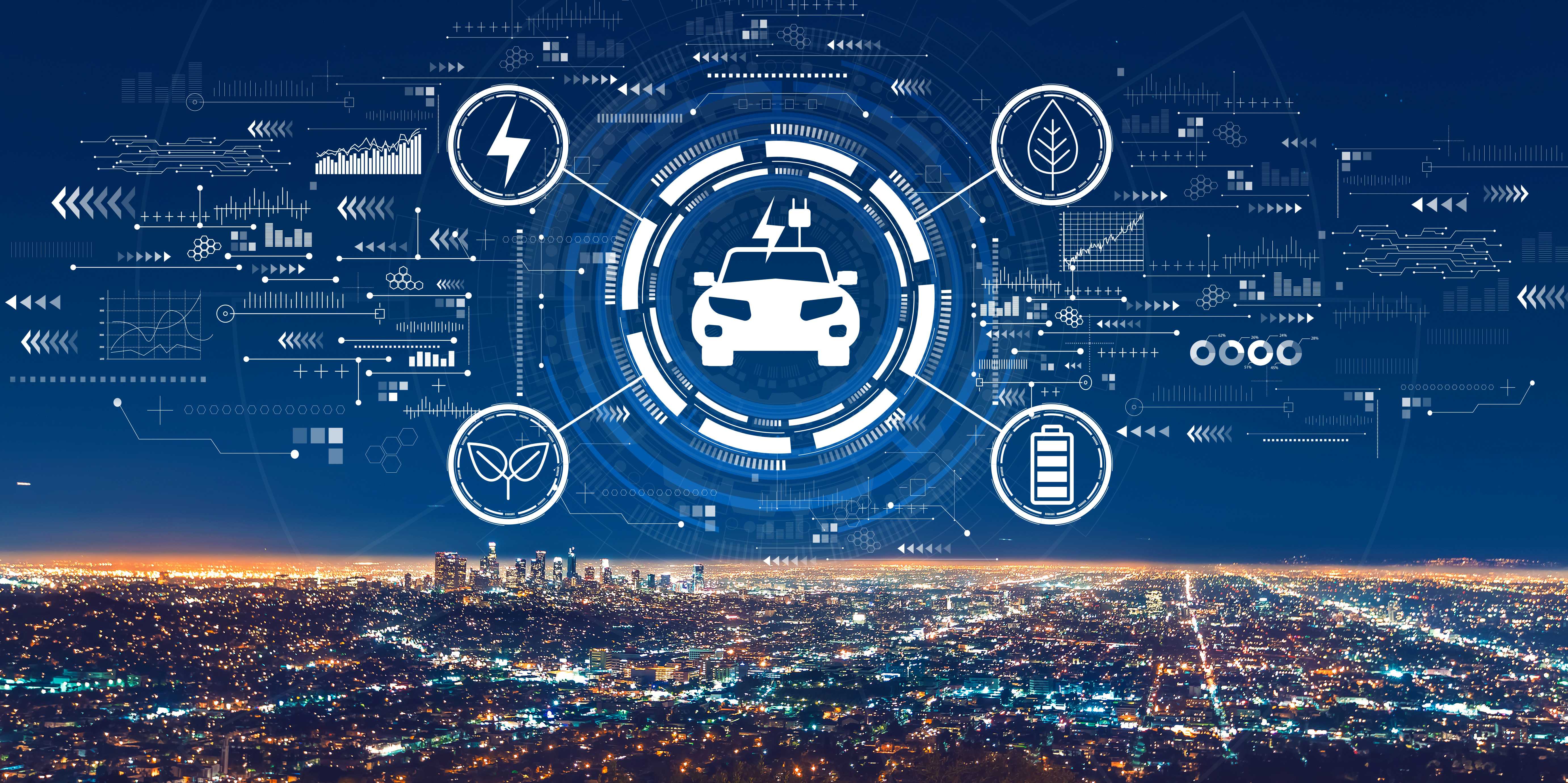Impactful drivers
As consumers, operating an electric vehicle (EV) is one of the greatest opportunities we have to make an impact on Greenhouse Gas (GHG) emissions. Here are a few insights into how being an EV owner can help reduce your own carbon footprint, as well as into the bigger picture of how broad adoption of EVs can be a significant accelerator of the low carbon economy.
Transportation, including personal auto use and air travel, is one of the largest contributors to household carbon emission footprints in the US. While many factors of our lifestyle may be hard to change, EV ownership represents a measurable opportunity to reduce our emissions by swapping out fossil fuel use for electricity. While there are still some emissions associated with the manufacture of EVs and the generation of electricity to charge the vehicle, analysis consistently shows that EVs will have a significantly reduced lifetime emissions footprint as compared to gasoline cars. A balanced explanation of EV life cycle emissions can be found in this video and summary.

On a more global scale, electric vehicle adoption is a significant component of a broader pathway for economies to meet greenhouse reduction goals.
How can this happen? As electricity providers achieve milestones to reduce their GHG emissions, our electricity supply will become less carbon intensive over time. This opens up a new pathway, known as beneficial electrification, in which fossil fuel intensive applications switch to lower carbon electricity as an energy source. Analysis shows that the electrification of transportation at scale will lead to significant reductions in GHG emissions under a variety of US economic scenarios while improving air quality.
“But I’m not ready to make the leap yet”
While EVs may not make sense yet for everyone, here are a few resources to help you consider your options.
EV models will likely have an additional cost at the dealer. In the US, as federal incentives dry up, you will want to understand the cost differentials. The good news is that reduced lifetime operating costs will help to make up a big chunk of that difference. Estimates from Argonne National Lab (ANL) and the American Automobile Association (AAA) indicate that overall, EV maintenance and fuel costs will be significantly less than a comparable internal combustion engine vehicle.
Change is always anxiety provoking, and there are plenty of voices out there that play on our concerns with EVs. For some additional facts on EV options, driving ranges and charging times, EPRI puts out an annual EV consumer guide.
As an EV owner for several years, the convenience of charging at home and the added performance have been just a few perks that go along with the satisfaction of knowing that I am supporting the adoption of a key climate friendly technology.